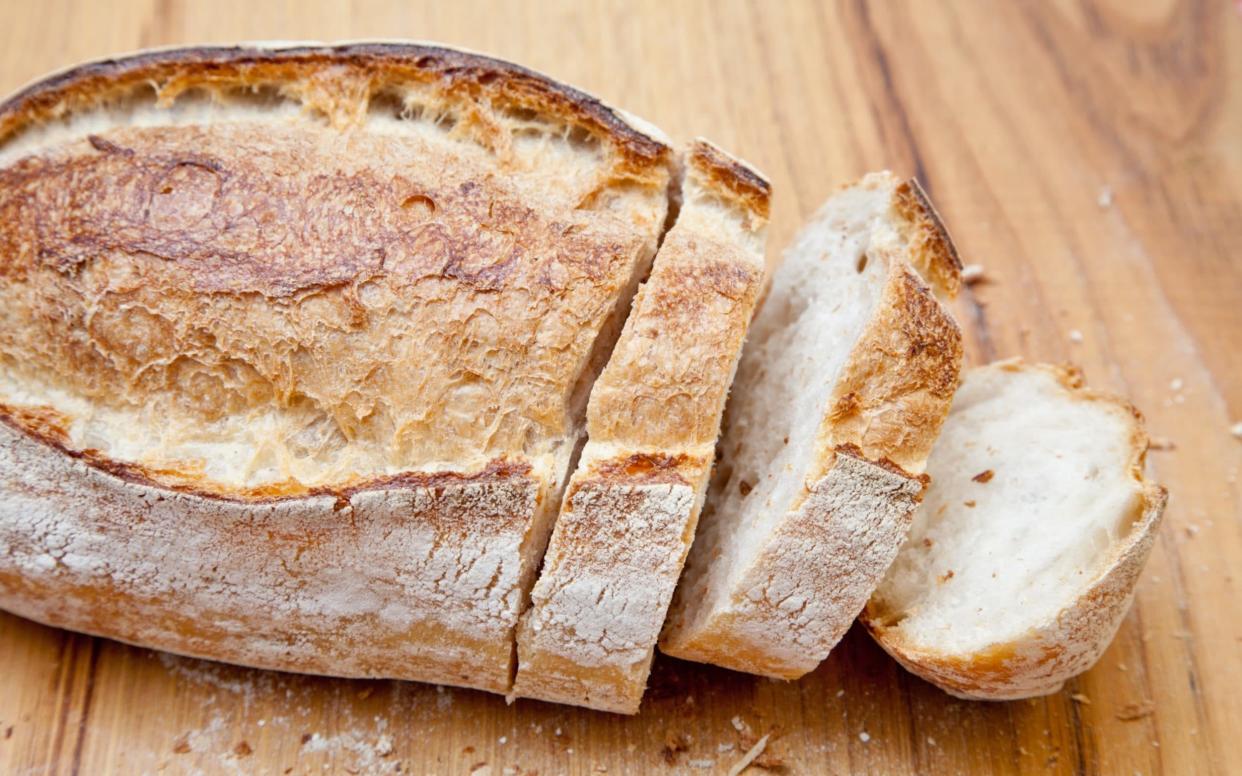If you aren't coeliac then should you really be on a gluten free diet?

Our supermarket aisles are jam-packed with the latest health food fads. Alternative waters, fermented foods, protein packed insects - all sitting there merrily, eager to help us in our quest to a life of ever increasing good health.
One such food type hijacked by the foodie fashionistas is gluten-free (GF) alternatives, specifically made for those with coeliac disease. The gluten-free food market is reported to have made $3.5 billion worth of global sales in 2016, as people look to reduce their intake of high GI carbohydrates present in foods like white bread, which have long been linked to weight gain.
However a study from last month by researchers at the University of Hertfordshire found that GF products contained more fat, salt and sugar than regular versions - while being up to two and a half times more expensive.
One in 100 people in the UK are coeliac, which sees gluten cause damage to the gut lining, and can include symptoms from lethargy to diarrhoea and vomiting.
On the research Sarah Sleet, chief executive of Coeliac UK, said: "It’s really important that the quality of gluten free foods is as good as that available for all consumers. There has been real efforts in recent years to improve the levels of fats, sugars, salt and proteins in processed gluten free foods but there is still more to do."

Bread, breakfast cereals and pasta are just some of the foods available on prescription for coeliacs in the UK. However, there is a growing trend for people to prescribe themselves a gluten free diet with only 24 percent of those thought to have coeliac disease actually clinically diagnosed.
Lucy Arnold, 27, is a personal trainer from Sheffield who first went gluten free five years ago, after suddenly being hit by a bout of adult acne, which has been linked to gluten intolerance. "In the midst of trying to sort myself out, I was on a lot of antibiotics," Arnold says. "I felt quite unwell, so someone suggested to me going gluten free. It didn’t help my skin at all but I found my energy levels improved and it helped with my regular stomach aches so I just ended up staying gluten free. There is the odd time I fall off the wagon and have pizza with friends, but it doesn’t feel very nice the morning after."
Arnold has spoken to her GP about being tested for coeliac, but was put off by the mandatory six weeks of eating gluten she was required to do. "I just wasn’t willing to put my body through it when I didn’t need a diagnosis. I might have a test and it come back to say I’m not coeliac, but I still notice a big difference within myself being gluten free so that’s how I will stay."
There is always a danger in self diagnosis. If they have taken that decision that they are gluten intolerant, its a big lifestyle change
Separate from coeliac disease is a gluten sensitivity, which is thought to elicit a different kind of autoimmune response where there is no damage to the lining of the stomach. A proper diagnosis is crucial, says Dr Nick Ambatzis, a GP and in-house doctor at Neat Nutrition, who also warns that "there is always a danger in self diagnosis... I don’t understand is where this notion of gluten-free being better for you comes from."
A study that followed more than 100,000 people from 1986 to 2012 found that while overall gluten consumption in people without coeliac disease may not be related to heart disease risk, avoiding whole grains like wheat, barley and rye in order to avoid gluten may be associated with an increasing risk of heart disease. You should also make sure you are getting enough vitamin B and fibre in your diet when going gluten free.
Yet despite the increasing awareness that a gluten free diet is no better for your health, that hasn't stopped its soaring popularity. A 2016 poll of 2,035 consumers showed 27 percent regularly bought lactose, dairy, gluten or grain-free products, and the ever expanding choice on our shelves has helped those wanting to live this way. "It used to be a nightmare to find gluten free foods," says Arnold. "But now everything has a gluten free alternative, even in restaurants. It is a lot easier to binge-eat now being gluten free then it was five years ago. There’s just so much more choice."
Arnold admits the only way she can eat gluten free healthily is by cooking most of her meals from scratch. As for the alternatives, though they might look uber healthy in trendy packaging, the truth about what's actually inside them often proves far less appetising.

 Yahoo News
Yahoo News 
